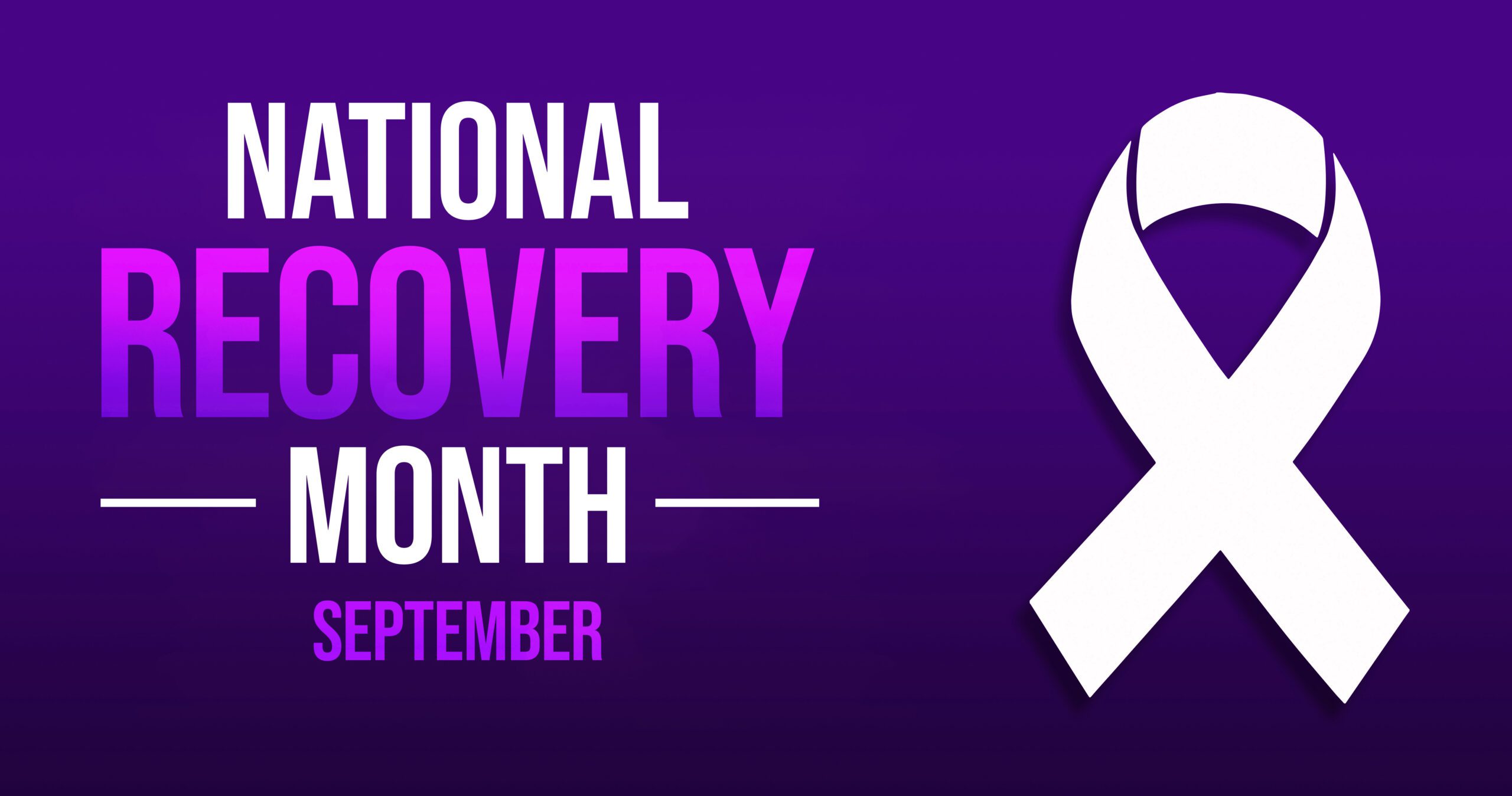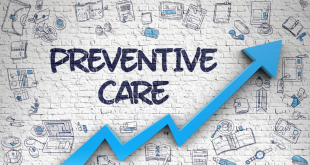
Introduction
In today’s fast-paced world, the unpredictability of life can lead to various risks, whether they are health-related, accidents, or property damage. Insurance serves as a vital safety net, but it is more than just a financial tool—it is a comprehensive support system that spans the entire journey from prevention to recovery. This note explores how insurance can facilitate prevention, provide immediate support during crises, and aid in the recovery process.
1. The Role of Insurance in Prevention
1.1 Understanding Risks Insurance is fundamentally about managing risk. By understanding the potential risks associated with health, property, and liability, individuals can make informed decisions about the types of insurance they need.
1.2 Preventive Measures Many insurance providers offer resources that promote preventive measures. These may include:
- Health Insurance: Coverage for regular check-ups, screenings, and vaccinations that can help prevent serious health issues.
- Home Insurance: Guidance on home safety measures, such as smoke detectors and security systems, to reduce the risk of fire or theft.
- Auto Insurance: Discounts for safe driving courses or maintaining a clean driving record, encouraging safer driving habits.
1.3 Incentives for Healthy Behavior Insurers increasingly offer incentives for maintaining a healthy lifestyle. Programs that reward policyholders for regular exercise, healthy eating, and routine health screenings not only foster a culture of wellness but also reduce the likelihood of claims.
2. Immediate Support During Crises
2.1 Financial Protection When the unexpected occurs, insurance provides critical financial support. This includes:
- Health Insurance: Covers medical expenses resulting from accidents or illnesses, ensuring access to necessary healthcare without the burden of exorbitant costs.
- Auto Insurance: Offers coverage for vehicle repairs, medical expenses, and liability in the event of an accident.
- Homeowners/Renters Insurance: Provides financial protection for damages due to natural disasters, theft, or vandalism.
2.2 Emergency Assistance Services Many insurance policies come with additional services that offer immediate support. This may include:
- 24/7 helplines for health-related inquiries.
- Roadside assistance for auto insurance policyholders.
- Emergency repair services for home insurance claims.
2.3 Claims Processing A streamlined claims process is crucial during crises. Insurers that prioritize quick and efficient claims handling can alleviate some of the stress associated with unexpected events, allowing policyholders to focus on recovery.
3. Aiding in Recovery
3.1 Rehabilitation and Support Services Post-crisis recovery often requires ongoing support. Insurance can facilitate access to:
- Rehabilitation Services: Coverage for physical therapy, mental health counseling, and other rehabilitation services after an accident or health crisis.
- Home Modifications: For those recovering from significant injuries, insurers may cover home modifications to improve accessibility.
3.2 Financial Recovery Insurance can play a crucial role in restoring financial stability after a loss. This includes:
- Replacement Costs: For damaged or stolen property, insurance can cover the replacement costs, allowing individuals to rebuild their lives.
- Income Replacement: Disability insurance and workers’ compensation can provide income support during recovery, helping policyholders maintain financial stability.
3.3 Long-Term Wellness Programs Many insurers offer long-term wellness programs that encourage ongoing health and recovery. These might include:
- Chronic disease management programs.
- Mental health resources.
- Support groups for specific conditions.
Conclusion
Insurance is not merely a product; it is a comprehensive system designed to support individuals through various life stages, from risk prevention to crisis management and recovery. By understanding the multifaceted role that insurance plays, individuals can make informed choices that not only safeguard their financial future but also enhance their overall well-being. This approach fosters a proactive mindset, encouraging individuals to prioritize prevention while ensuring they have the necessary support when challenges arise. Ultimately, insurance is about empowering people to lead healthier, more secure lives.


